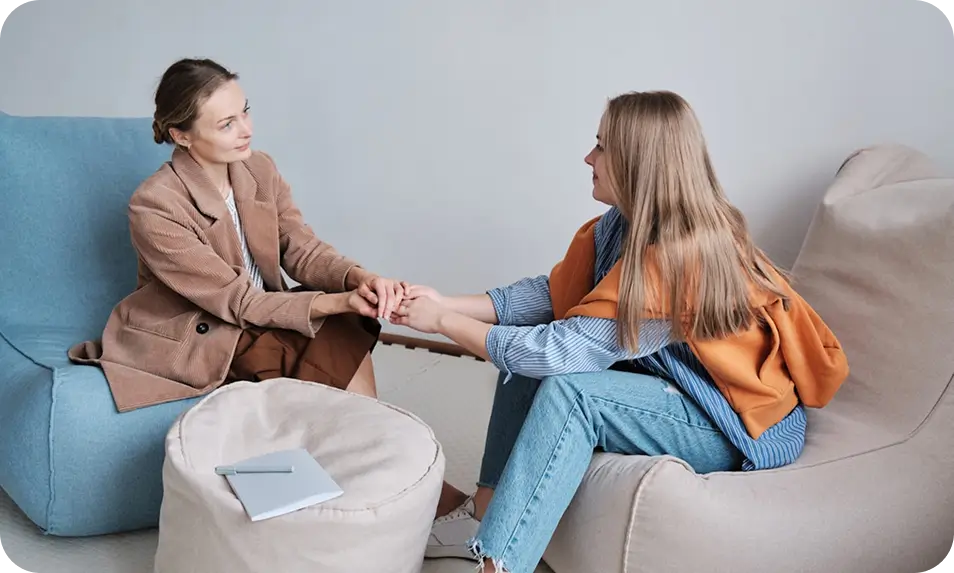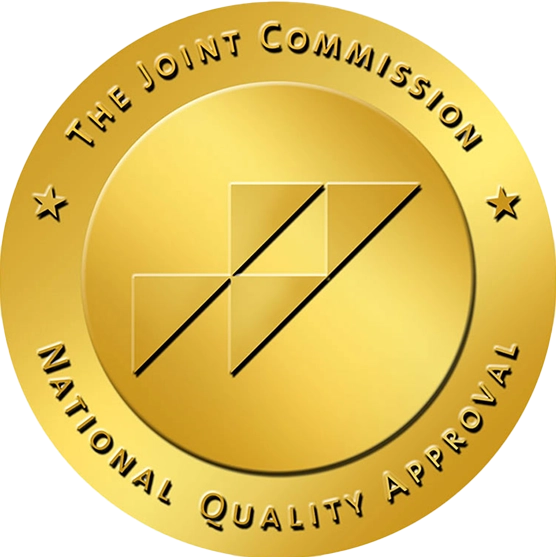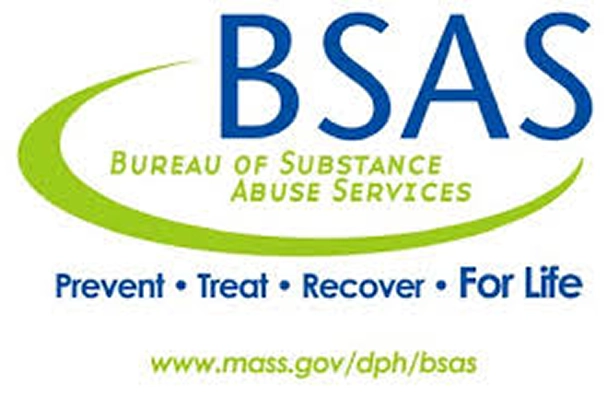What Is Psychoeducation?
Psychoeducation means learning about mental health in a way that’s practical and easy to understand. It covers diagnoses, symptoms, and what real recovery looks like. A 2021 meta-analysis found that group-based psychoeducation can ease anxiety and depression, making it a helpful tool in supporting mental health recovery.
Didactic therapy is one type of psychoeducation that’s used in many recovery programs. It offers structured learning to help you build insight, recognize patterns, and apply new strategies in your everyday life.
What Does Didactic Mean in the Context of Therapy?
In therapy, “didactic” means lesson-style or instructional. These sessions feel more like a workshop than a talk therapy session. You’ll get clear information, explore mental health topics, and leave with practical strategies you can use.
The Benefits of Psychoeducation
- Helps you understand your diagnosis and symptoms
- Improves confidence and emotional awareness
- Supports stronger communication skills
- Teaches tools for managing stress and setbacks
- Encourages engagement in treatment
- Reduces confusion, shame, and stigma
How Didactic Therapy Supports Mental Health
Didactic therapy gives you clear, usable information about your condition and how to manage it. It encourages curiosity, builds self-awareness, and helps you feel more in control of your recovery.


How Is Didactic Therapy Different from DBT?
Dialectical behavior therapy (DBT) teaches emotional regulation, distress tolerance, and mindfulness. It focuses on processing emotions and learning how to respond to them. Didactic therapy, on the other hand, is more like a classroom; think structured group learning rather than emotional processing. Both can support your recovery, but they work in totally different ways.
What to Expect From Didactic Therapy
Didactic sessions are usually led by a licensed therapist or counselor. They follow a structure, with a clear topic, learning goal, and open discussion. You’ll be part of a small group, often made up of people who are going through similar challenges.
Mental Health Education
These sessions cover topics like anxiety, depression, trauma, and addiction. They help you connect the dots between symptoms and experiences.
Group-Based Learning
As mentioned above, you’ll join a small group, share ideas, ask questions, and learn from each other. Hearing different perspectives can deepen your understanding.
Coping Strategies and Life Skills
Sessions include practical tools for stress, boundaries, daily routines, and relapse prevention. These are strategies you can actually use.
How Psychoeducation Fits Into Our Approach to Treatment
At Rebuilding Mental Health, treatment is grounded in self-awareness, skill-building, and personal growth. Our programs combine evidence-based care, trauma-informed therapy, and holistic support. Didactic therapy helps connect those pieces by giving you the education you need to stay engaged and informed.
Day Treatment
An intensive Day Treatment program is suited for people who need strong structure. You’ll attend groups, individual sessions, and skills-based work focused on attention, organization, and emotional regulation.
Half-Day Treatment
For a step down, you can attend Half-Day Treatment sessions. This offers hands-on ADHD therapy and skills training in shorter blocks, allowing you to maintain a balance between work, classes, and family life.
Virtual Treatment
Using secure Zoom video calls, you can take part in Virtual Treatment. You’ll connect with clinicians, learn skills, and get support from home when in-person care isn’t a practical option for you.

Learn More About Our Mental Health Treatment Programs
Didactic therapy is only one part of our care model. Therapies at Rebuilding include one-on-one and group sessions, trauma counseling, expressive arts, and holistic options to help you grow in every area of your life. We treat a range of conditions, including anxiety, depression, PTSD, mood disorders, OCD, and ADHD, with compassion and clarity.
Ready to Rebuild?
If you’re ready to learn more about your mental health and start making changes that last, we’re here to help. At Rebuilding Mental Health, we’ll walk beside you every step of the way. Reach out now for a private consultation or to check your insurance benefits.
Ready to Rebuild?
FAQs
How does psychoeducation help improve mental health outcomes?
Psychoeducation gives you the knowledge to understand what you’re going through and the tools to manage it.
Is didactic therapy suitable for people new to treatment?
Yes. Didactic therapy is a great place to start if you’re looking to learn and build a strong foundation.
Do I need to prepare anything before attending a didactic session?
No prep needed. Just come ready to listen, share, and take something useful with you.
Can family members participate in psychoeducational sessions?
In some cases, yes. We offer family programming as part of certain programs to help loved ones better understand and support you.
What are some examples of skills taught in didactic therapy?
You’ll learn about boundaries, stress management, relapse prevention, and how to create healthy habits.
Mental Health Resources

You might notice your college student is more focused on odds than homework, glued to their phone during games, or suddenly short on cash. At first, sports betting can sound

Many veterans carry stress that lingers long after service ends. Memories, pressure, and loss can follow them home, shaping daily life in ways that feel hard to explain. A strong

Living with bipolar disorder means dealing with mood swings that can feel like they’re controlling your life. One week, you may struggle to get out of bed. The next one,




